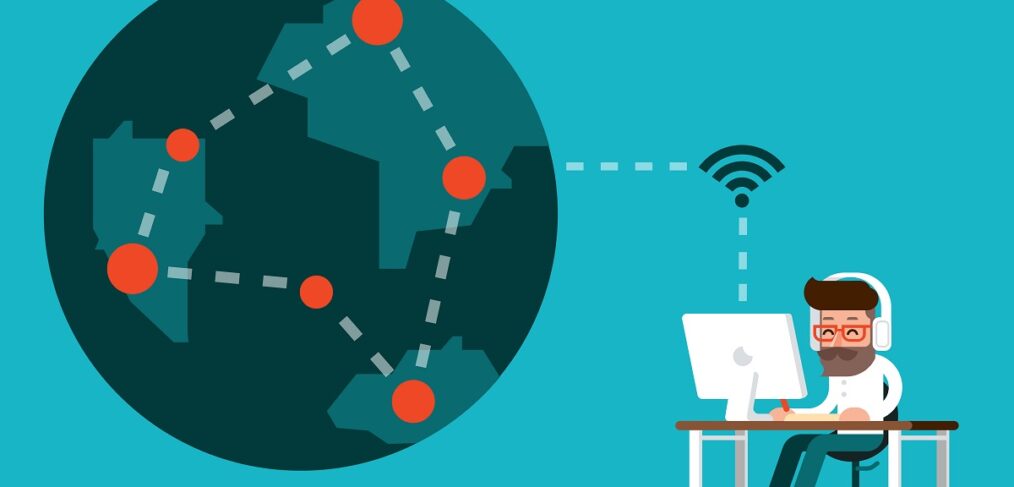
What You Should Know About the Gig Economy (And Why You Should Care!): Part III of III
What Freelancing Is Like
Comparing the advantages of freelancing versus traditional work is largely a question of values. For those who prize freedom and flexibility, freelancing comes with a multitude of benefits. For those who desire consistency in work, expectations, and pay, traditional full-time employment can be the right choice.
Freelancers get ownership over their work and how they work. Commuting is not a necessity. Sweatpants can be the norm. There are no office politics. They can choose who they work with and what projects they would like to pursue. There is no cap on a freelancer’s earning potential.
However, gig workers are responsible for more than just their work or passion projects. They need to take care of the many facets that come with running a business, like taxes, marketing, contracts, and finding new clients. This allows gig workers to grow in multiple skill areas beyond what traditional employment usually offers.
Freelancers and gig workers tend to think more proactively about market trends and refresh their skills more often than traditional employees. Staying competitive and marketable in an ever-changing job market means most freelancers must constantly update their skills. Those who are conventionally employed already have a job to do, they do not have to continually prove themselves capable for tasks to be assigned to them. Freelancers, on the other hand, do. Almost twice as many freelancers have participated in skills-related education in the past six months compared to non-freelancers.
Gig workers and traditional workers share many of the same financial concerns. Chief among them are debt, saving for retirement, access to affordable healthcare, and being able to put enough money into savings. Socking away money into emergency funds is a priority for both gig workers and non-freelancers. According to Upwork’s 2017 study, those who are more traditionally employed are more likely to save for retirement while freelancers are more likely saving for buying a home and education.
Income unpredictability is a problem more common to gig workers. Bills are imminently predictable beasts, so for many this uncertainty is the top barrier keeping them from freelancing full time. Worries about income unpredictability are not unwarranted as full-time freelancers are more likely to have to dip into savings. About 63% of full time freelancers dip into their savings once a month compared to only 20% of non-freelancers. Income as a freelancer can ebb and flow, one month could be phenomenal and the next nearly nothing. Objectively monitoring finances and sticking within a budget of average income is essential.
Seeking gigs through staffing agencies like Team Red Dog, based in Seattle, Washington, can be a happy medium between a traditional job and being your own boss. It alleviates the worry of an inconsistent income and – bonus – we offer benefits to many placements. Like other gig work, these opportunities can range from longer term contracts to short-term projects, so we can find the role that best fits your lifestyle.
Want to know more about the gig economy? Check out the other two parts of this series and our infographic!
- Welcome to the Gig Economy! Infographic
- Part I: Why Everyone Is Talking About the Gig Economy
- Part II: The Drivers of the Gig Economy
Tired of conventional roles? Check out our jobs board today!
